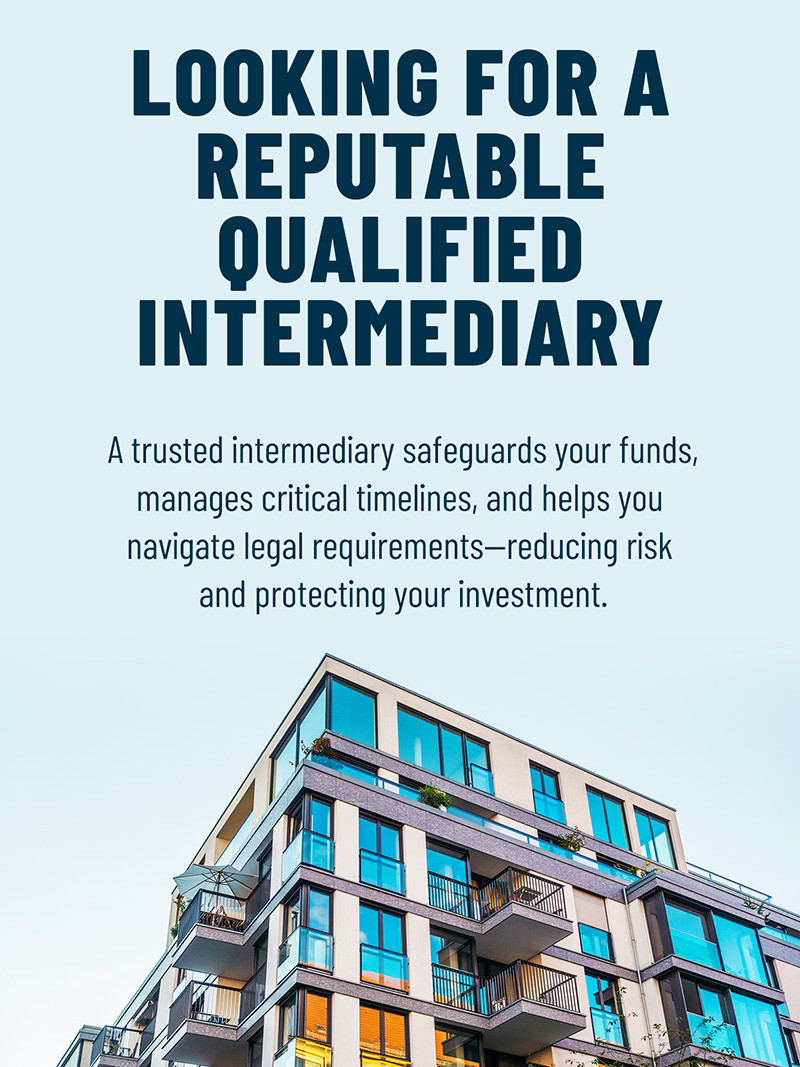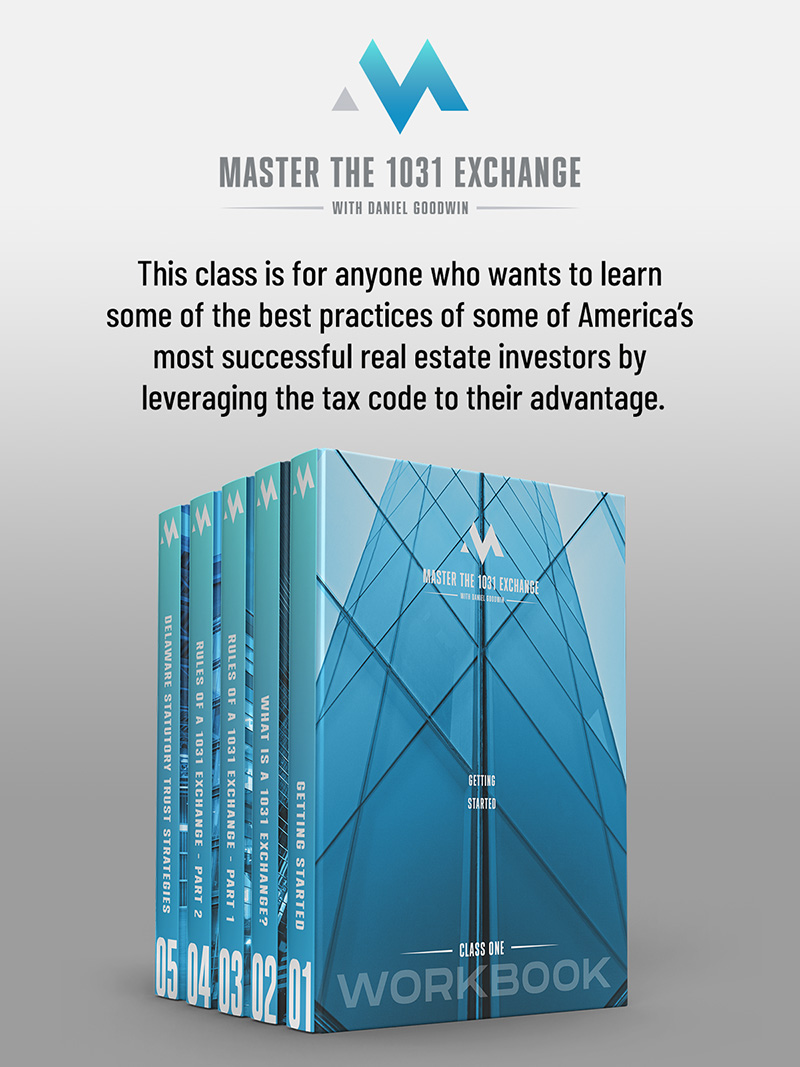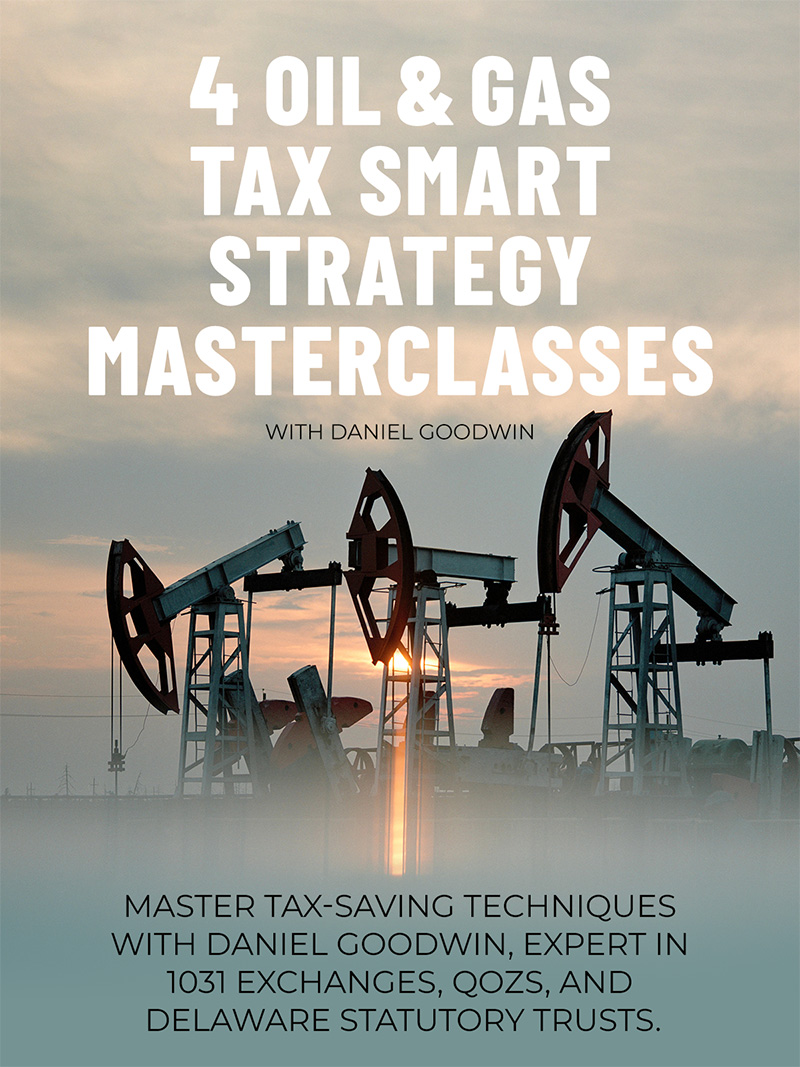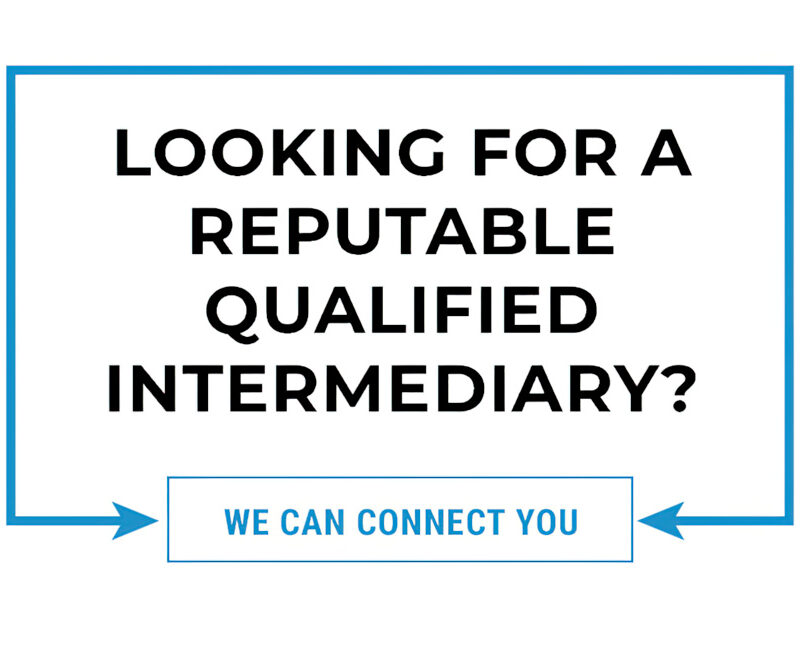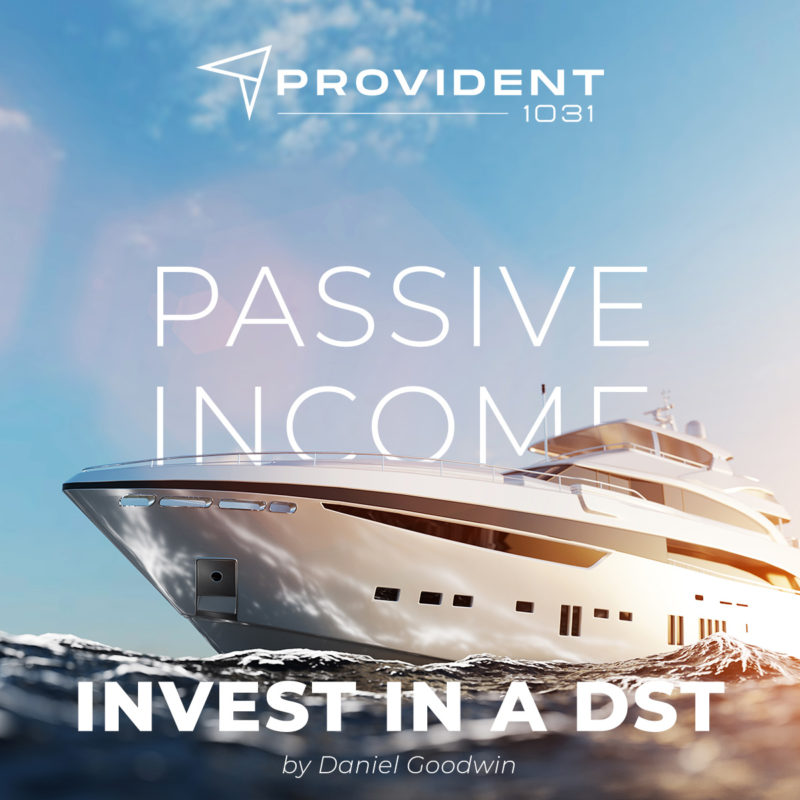“Is an Opportunity Zone Investment Right for Me?”
“Is an Opportunity Zone investment right for me?”
There is no one-size-fits-all answer to any investment question, and opportunity zones are no different in this regard. I can’t give blanket advice in this column, of course, but any serious question deserves a serious answer. I recommend that anyone contemplating an Opportunity Zone (OZ) investment consult with an experienced, knowledgeable advisor as you consider your options. In addition to taking my QOZ Masterclass, you can also consult my Qualified Opportunity Zone Guide.

I encourage anyone who’s interested in an opportunity zone investment to ask themselves a few questions, which might make the answer to the “Should I or shouldn’t I?” question an easier one to handle.
Am I an accredited investor?
Most accredited investors know who they are, though it’s entirely possible to be one without realizing it! Simply put, the SEC defines an accredited investor as one with an income of at least $200,000 (or $300,000 in joint) income over the past two years, with a reasonable expectation of earning that much or more in the present year. Anyone with individual or joint net worth in excess of $1 million (excluding their primary residence) also meets the definition.
Certain entities—including LLCs, corporations, partnerships, trusts, 501(c)(3) organizations, employee benefit plans, and “family offices”—qualify as accredited investors, provided they own more than $5 million in investment assets. Various financial entities—including banks, S&L associations, insurance companies, registered investment companies, business development companies, and small/rural business investment companies—also clear the bar set by the SEC, as do investment advisors, SEC-registered broker-dealers, and individuals who hold certain licenses and certifications, such as the Series 7, Series 65, and Series 82 licenses.
The burden of proof, interestingly, falls not on the investor, but on the QOZ fund that the investor is considering for investment. The fund may require an attestation of some sort, which may also include asking the investor for tax returns, financial statements, or credit reports.
Have I recently (in the last 180 days) sold an investment that left me with a realized gain? (And if not, do I have any unrealized gains in an investment that I’m willing to sell?)
One of the primary appeals of QOZ investments is that they permit taxpayers to defer the payment of capital gains taxes until 2026, payable in 2027 for most taxpayers, or until they sell the QOZ investment — whichever comes first.
All other things being equal, most savvy investors would choose to pay taxes four years from now as opposed to paying them today. Moreover, there remains the distinct possibility that Congress will extend the program past its current statutory expiration in 2026, given the bipartisan appeal of the program with its passage in 2017, with the concept dating back to the Clinton and Bush administrations.
Astute readers may have inferred what the above paragraph implies: that the presence of capital gains is not only permissible but required, for a QOZ investment. The program is specifically designed for capital gain investment, and the investment of ordinary income is prohibited.
Furthermore, there is a strict limit (proscribed by the IRS) on the time you have between realizing the gain and finalizing a QOZ investment. Your advisor can help you make sure that you observe the limitations and timelines involved in order to realize the full potency of these tax breaks.
Do I have room in my portfolio for real estate or oil and gas investments?
If you are an investor who owns the lions share of your assets in various forms of stock and bonds investments, QOZ investments such as real estate and oil and gas might be a perfect complement to your overall plan and can further diversify your portfolio.
In the same vein, if an investor already had most of their assets positioned in real estate and/or oil and gas, then a QOZ may be considered to be less desirable. This is an important consideration when evaluating your options with capital gains tax planning.
Am I comfortable investing at least $100,000 in an illiquid investment for the next decade?
There may be some wiggle room on the $100,000 minimum, though it’ll be hard to find; most QOZ funds require at least a $100,000 investment. But in addition to the tax deferral to 2026/2027, QOZ investments offer a further tax incentive: investors who hold the QOZ investment for a minimum of ten years can avoid subsequent capital gains taxes entirely. This opportunity represents a massive benefit to investors.
An investment that has a future “tax-free” status opportunity is what many are calling one of the best tax incentives in a generation. A simple side-by-side comparison of paying taxes now versus investing in a QOZ shows an investor how powerful this opportunity may be.
So while there is no minimum holding period for QOZ funds, the maximum tax breaks from the strategy can only be realized through the disciplined holding of the QOZ fund for the full 10-year period. Anything less than that will expose the investor to capital gains taxes, though they would still enjoy the deferral from the original investment.
Keep in mind many QOZ investments plan to, but do not guarantee, to return anywhere from 20-80% of the investors’ capital back to the investor via tax-free refinance distributions. This can make the 10-year commitment much more palatable to many investors.
The last question is a tough one.
How do I feel about tax breaks?
That’s what we call a “softball” question. I’m still waiting for one of my clients to respond that tax breaks sound OK, but that they’d rather just go ahead and pay the maximum amount!
Tax breaks are tough to find, and usually come accompanied by significant conditions and restrictions; Opportunity Zone investing is no exception to the rule. The services of a knowledgeable financial advisor may well be the difference between a tax-free investment, and one that merely could have been.
“Is an opportunity zone investment right for me?”
Be sure to engage a seasoned professional to walk you through the necessary steps so your QOZ investment meets all the criteria necessary to minimize your tax bite. And before you speak to anyone, be sure to invest some time in our QOZ Masterclass.

